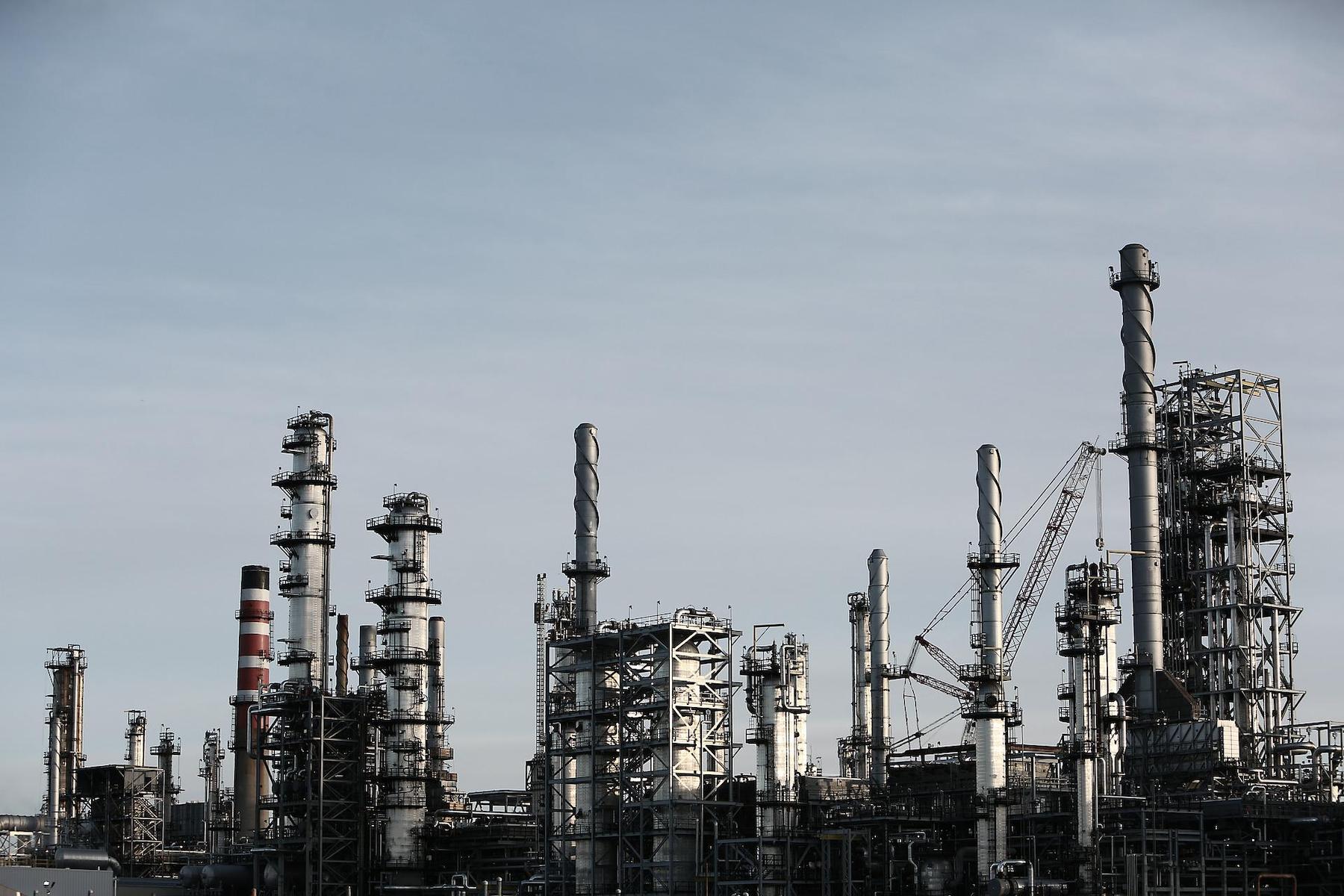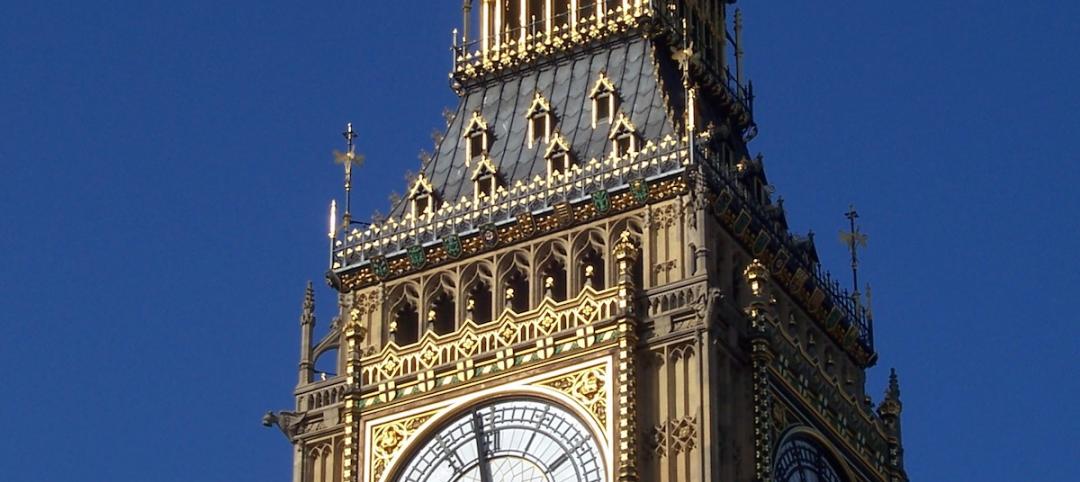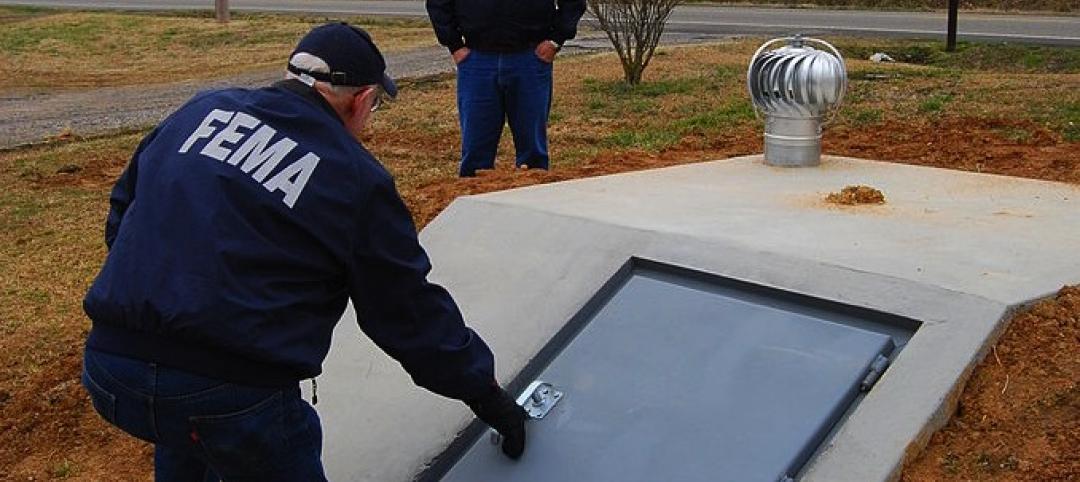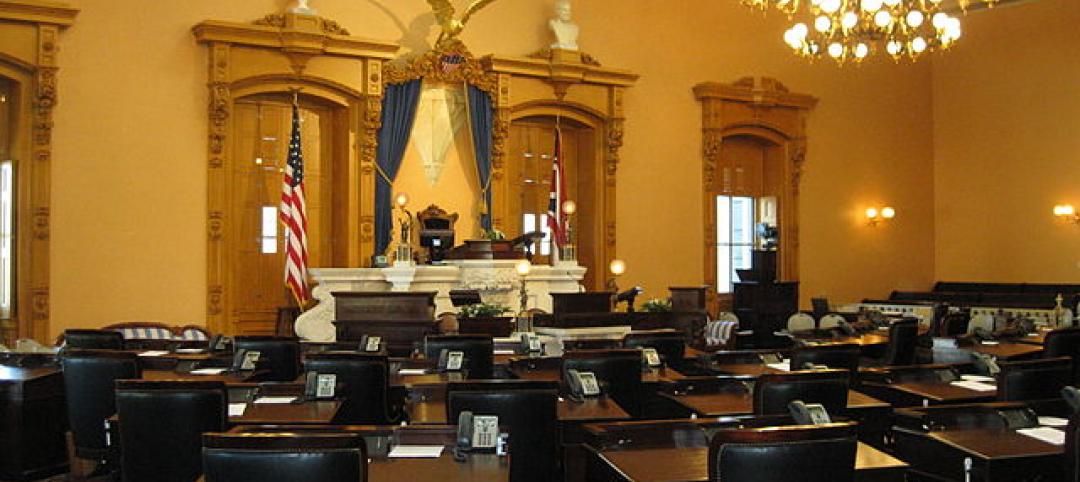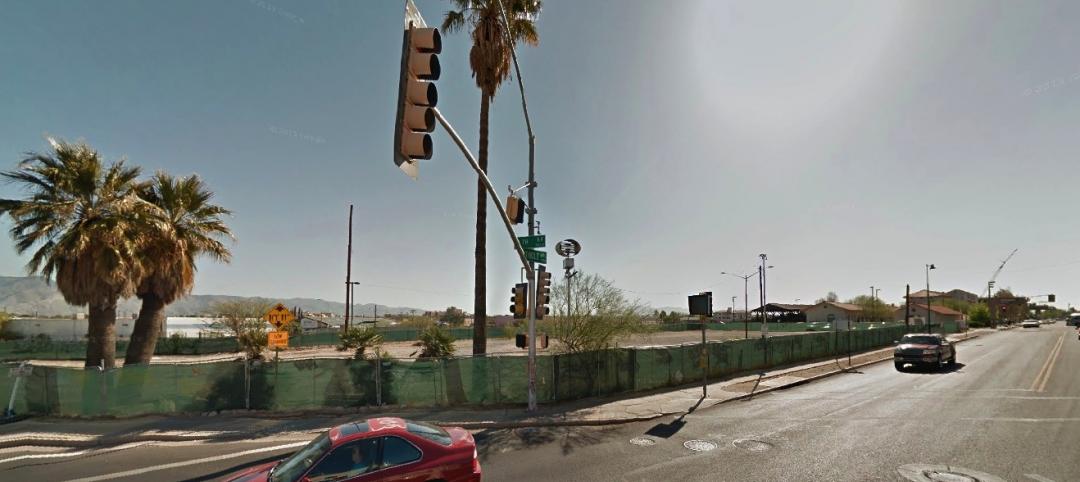The American Institute of Steel Construction has released updated environmental product declarations (EPDs) “to help designers and building owners design more environmentally friendly buildings and bridges,” according to an AISC news release.
The organization develops industry-average environmental product declarations (EPDs) for three products: fabricated hot-rolled structural sections, fabricated steel plate, and fabricated hollow structural sections (HSS)—the latter developed with the Steel Tube Institute. “These documents are designed to facilitate an accurate, apples-to-apples comparison of the structural materials on the market today,” the release says. These documents are updated every five years.
“Many people associate steel with old smokestacks and air pollution, but structural steel is now the premier green building material,” said AISC President Charles J. Carter, SE, PE, PhD. “Over the past three decades, the steel industry has reduced greenhouse gas and overall emissions by 36%. And the American structural steel industry is leading the way to a greener future with a carbon footprint nearly half the world average. By comparison, Chinese structural steel has three times the global warming potential of domestic steel.”
Many rating systems (LEED V4), standards (ASHRAE 189.1), green building codes (IgCC), and specific customers require the submission of environmental product declarations (EPDs) for products delivered to the project site. These EPD life-cycle assessments provide information on environmental impacts related to the manufacture of the product, including global warming potential, ozone depletion, acidification, eutrophication, and ozone creation.
AISC works with its mill members to develop industry average EPDs for structural steel produced in the United States. In addition to quantifying the impacts of the mill processes, the EPD work quantifies the industry average per ton environmental impacts of the fabrication process.
Related Stories
| Apr 4, 2014
Cleveland’s sewer authority to pay developers for green solutions to stormwater runoff
The district’s intent to use natural features to absorb stormwater reflects an urban trend that other cities including Philadelphia and Detroit have embraced.
| Mar 30, 2014
Solar panels on Big Ben intended to spur U.K.’s sustainability targets
Solar panels may soon be installed on the face of Big Ben in London as part of the U.K.'s initiatives to reach its greenhouse gas emissions objectives under the Climate Change Act of 2008.
| Mar 26, 2014
EPA clarifies Clean Water Act in revision that was opposed by developers
The Environmental Protection Agency recently unveiled a rule designed to define more clearly which waterways are covered by the Clean Water Act and therefore require U.S. permits for certain activities.
| Mar 26, 2014
Better Buildings Initiative leading to tens of millions of dollars in savings annually, says DOE
Facilities across the nation have been able to shave on average about 2.5% of their annual utility costs through efficiency initiatives spurred by the federal Better Buildings Initiative, according to the Department of Energy’s Maria Vargas.
| Mar 26, 2014
Univ. of Nebraska-Omaha fire could prompt building code changes
A dormitory fire at the University of Nebraska at Omaha that displaced with 42 students (but caused no injuries) could trigger local building code changes.
| Mar 26, 2014
Associated Builders and Contractors wary of federal overtime rules changes
Associated Builders and Contractors (ABC) cautioned that President Obama’s directive to the U.S. Department of Labor to change federal overtime rules could harm its members.
| Mar 19, 2014
Oklahoma City mandates safe rooms in new schools
The move will affect 24 districts that have schools inside Oklahoma City limits.
| Mar 19, 2014
Green building standards can help building become more storm-resistant
Structures built to green standards have added resilience to destructive storms because green buildings are often constructed with stronger, more sustainable materials than traditional buildings.
| Mar 19, 2014
Ohio Senate passes rule to require state agencies use ANSI standards rather than LEED
The resolution specifically mentions LEED v4, and calls for the U.S. Green Building Council to conform to ANSI.
| Mar 19, 2014
Tucson ignores ADA, building code on city-owned property
The city has been operating a downtown dirt parking lot in violation of its own code and the federal law for years.


